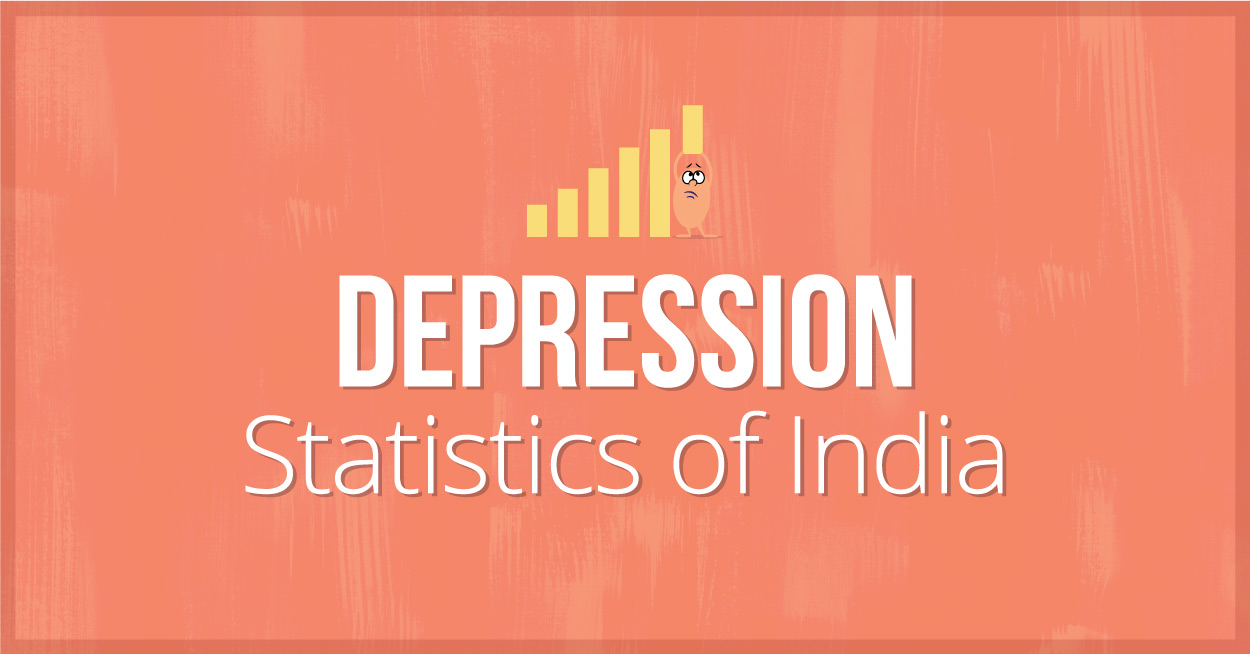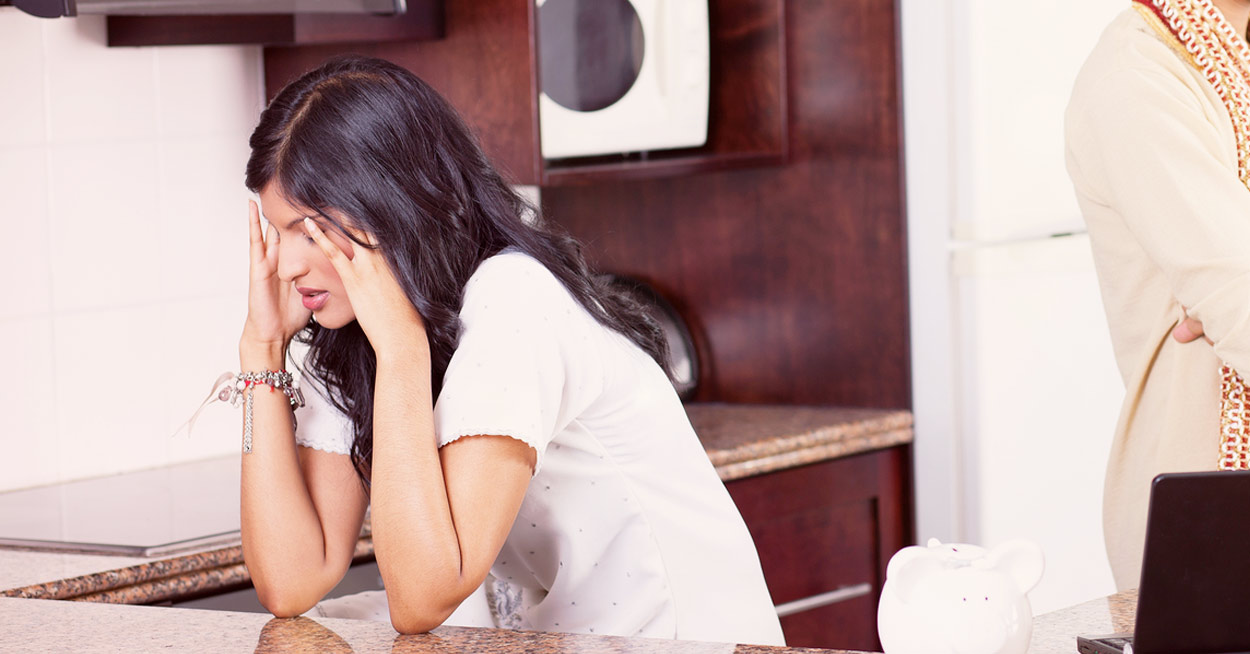Disclaimer: This is not to discourage you from bringing your furry friend home. We fully endorse having pets at home and dogs are awesome.
A dog can drastically change your life and mostly for good. The ideal scenario in every dog lover’s mind is coming back from a hard day’s work to be greeted by their furry little friends, who shower them with unconditional love. This, for the most part, is true. However, getting to this place takes time, effort and patience. It’s not easy and if you’re not prepared, it can give you some serious emotional issues.
Post Puppy Blues/Depression:
There’s not a lot written about the post puppy blues. One place to look for some information is the return rate of dogs at shelters. You will notice that most returned dogs are puppies, returned mainly by first time owners.
Dogs and especially puppies entice you with their cuteness and the promise of a companion who will protect you and love you unconditionally, which is enough to make an impulsive decision about bringing a puppy home.
But after the initial euphoria of having a new puppy home fades away, the reality of having to be a parent dawns. And at least with parenthood, you have 9 months to prepare for it. With a puppy, the responsibility is on you the moment you leave the shelter.
So what is it?
It is the puppy equivalent of postpartum depression and it hits first time owners who haven’t thought through the responsibility of raising a puppy.
There are 5 main causes of this feeling:
- Fear and anger from damages in your living space
- Anxiety over the health and well-being of the puppy
- The sudden loss of freedom
- An overwhelming feeling of responsibility
- Lack of sleep
The post puppy blues can be especially severe if the primary caretaker of the dog spends most of the time alone with the puppy – this person would feel truly trapped and the feeling can be quite traumatic and depressing.
The responsibility and schedule are something that you can cope with in a week or two. As a pet owner, I will assure you that the anxiety over the health and well-being of the puppy is something you can truly never get over.
Every time your puppy cries, the gut wrenching feeling that follows is something you will never get used to.
Am I being a good caretaker? Did I make a mistake by separating the puppy from their mother and littermates? Is the puppy in pain?
Here’s an instance that really affected me – my 8-week old puppy was in his crate and was howling non-stop. This was at night and so a sleep deprived me chose to ignore him in the beginning. The screaming increased over time and now it was full-throated howls.
I picked him up and yelled at him and pushed him aside and as soon as he was on solid ground, he peed. That’s when it hit me – he wanted to pee and I had read that dogs don’t pee or defecate where they sleep.
This was the last nail in the coffin and I felt terrible. In my eyes, I was a terrible caretaker and thoughts of something terrible happening because of this kept crossing my mind and soon enough, I was almost always miserable.
How do you cure this?
Unlike a human baby, a dog’s infancy lasts between 4-6 months. After this, they become more independent and usually they adapt to your lifestyle. The depression face lasts for about 4 to 12 weeks. If you’ve made it past this phase, you would have mostly come to terms with change and you have started to understand your dog a lot more. Your dog also would have gotten used to its surroundings and there is more harmony.
There are somethings that you can do to make life easier through this depression phase:
- Involve your family and friends with raising the puppy. Family and friends pitching in when things get too much for you will give you much-needed respite from your responsibilities.
- Make friends with other dog owners and socialise with them early on. Not only does this give you human interaction out of the confines of your home and your puppy is making new friends.
- Invest in training – this can be a little expensive, but it’s totally worth it. If this is not possible for you, there are enough resources on the web that you can apply.
- Set aside some time for yourself – This will usually be after your puppy’s meal or when your puppy is asleep. Do something that you enjoy doing.
- Know that this is a passing phase – power through it and you will not be disappointed!
Ideally, prepare yourself for the responsibilities that come with bringing home a puppy and make necessary arrangements, like, figuring out who will take care of your puppy in the early days, buying all the necessary items, signing up with a vet and a trainer – being more prepared will go a long way in fighting post puppy depression.
So go ahead, bring home a puppy, but also be prepared!
Are you going through Depression? Get Personalised guidance and support from Experts at YourDOST





